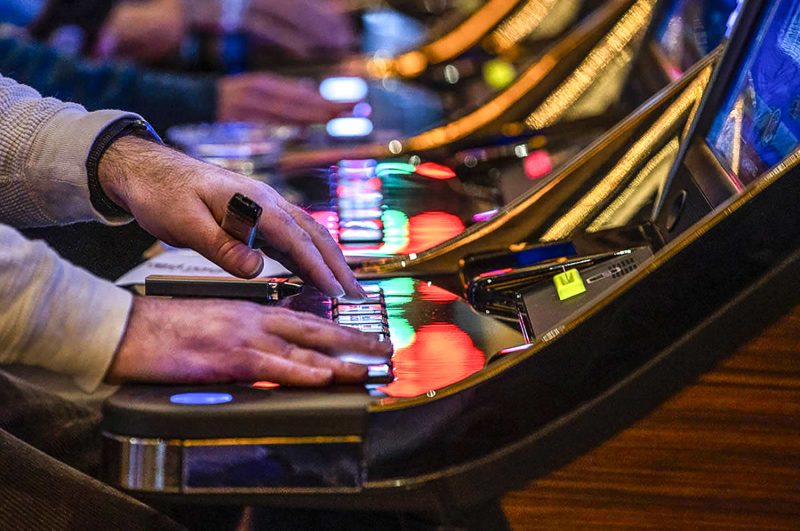Shareholders Push Casinos to Reassess Indoor Smoking
The recent push by shareholders urging casinos to reassess their indoor smoking policies is a significant development in the gaming industry. This move comes in response to growing concerns about the health risks associated with indoor smoking in casinos, particularly in the wake of the COVID-19 pandemic. Shareholders are emphasizing the need for casinos to prioritize the health and safety of both patrons and employees by reevaluating their smoking policies.
Indoor smoking has long been a contentious issue in casinos, with arguments both for and against allowing smoking on gaming floors. Proponents of indoor smoking argue that it is a personal choice and that casinos should accommodate the preferences of their smoking customers. However, opponents point to the well-documented health risks of secondhand smoke exposure, particularly in enclosed indoor spaces where ventilation may be limited.
The COVID-19 pandemic has added a new layer of complexity to the indoor smoking debate. The virus primarily spreads through respiratory droplets, making enclosed spaces with poor ventilation potential hotspots for transmission. Casinos, with their high-density layout and often crowded gaming floors, can pose a significant risk for virus transmission. Allowing indoor smoking further complicates the situation by potentially increasing the concentration of respiratory particles in the air.
Shareholders are calling on casinos to reassess their indoor smoking policies in light of these health concerns. They argue that taking a proactive approach to address indoor air quality and reduce health risks associated with smoking can have long-term benefits for both the casinos and their stakeholders. By implementing smoke-free policies or designated smoking areas with improved ventilation, casinos can create a safer and healthier environment for patrons and employees alike.
Some casinos have already taken steps to address indoor smoking concerns. For example, several Las Vegas casinos have implemented smoke-free policies in response to the pandemic, with some even considering permanent changes to their smoking regulations. These proactive measures demonstrate a willingness to prioritize health and safety in the face of evolving public health challenges.
In conclusion, the push by shareholders for casinos to reassess their indoor smoking policies reflects a growing recognition of the importance of prioritizing health and safety in the gaming industry. By addressing the health risks associated with indoor smoking and taking proactive steps to improve indoor air quality, casinos can create a safer environment for everyone. Shareholders have an important role to play in advocating for these changes and promoting responsible business practices that prioritize the well-being of patrons and employees.
